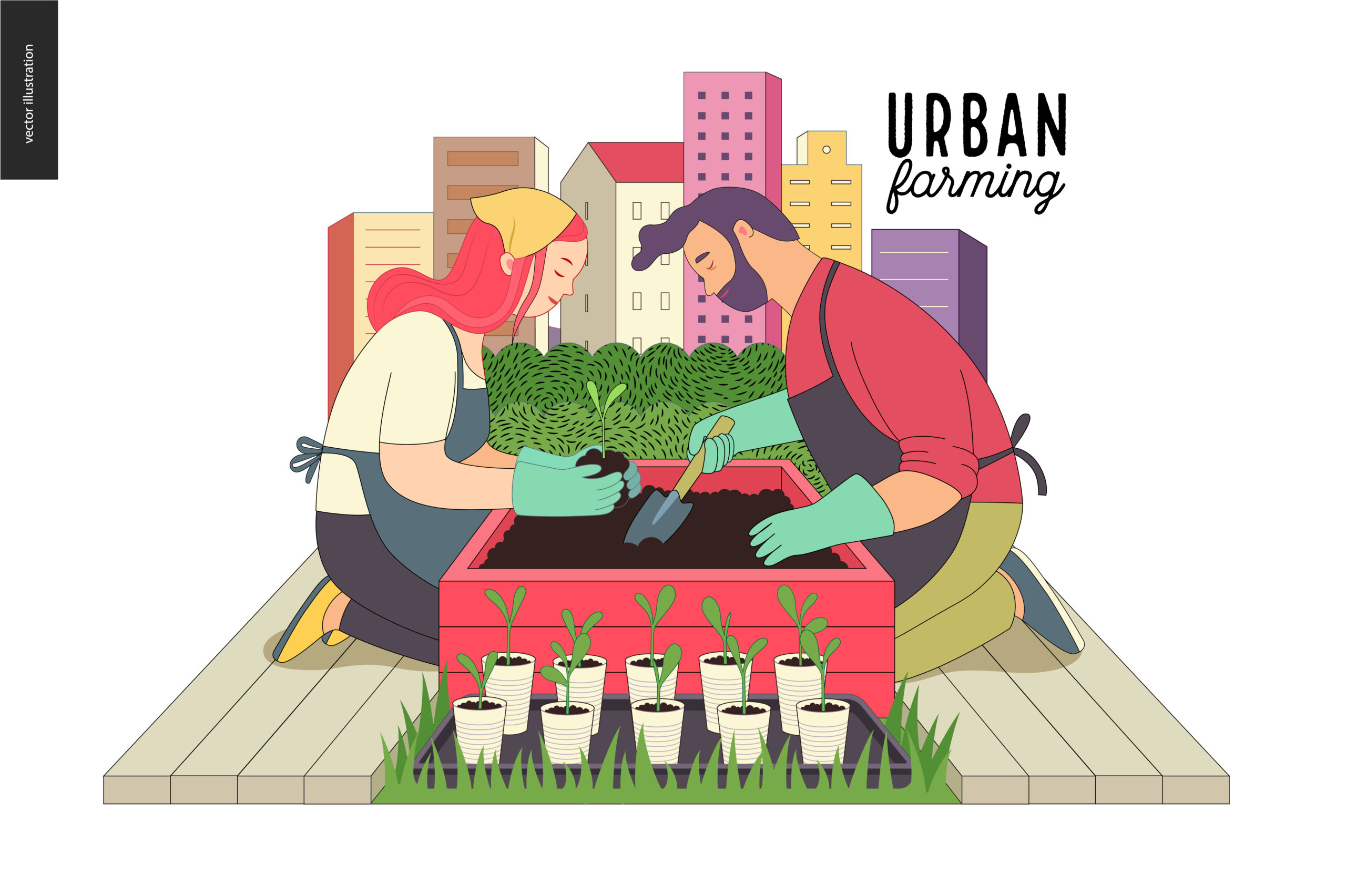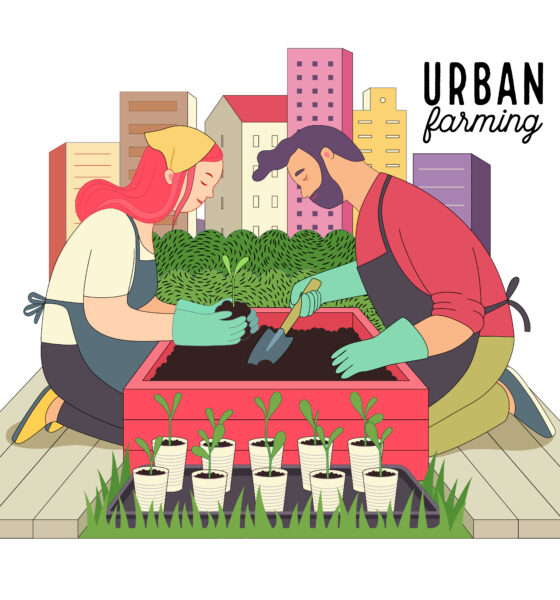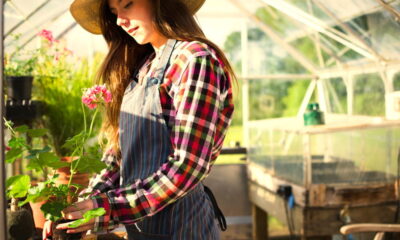

Environment
Why Solutions For Urban Agriculture Are More Important Than Ever
Urban agriculture has become a major part of the conversation when it comes to sustainability and food security. As cities around the world continue to experience rapid growth and development, finding solutions for urban agriculture is more important than ever. Solutions for urban agriculture can provide the answer to many of the issues that come along with city living, such as limited access to food, environmental degradation, and unequal distribution of resources.
What Is Urban Farming?
Urban farming is just a fancy name given to growing to indoor growing, generally within residential properties, but there are also commercial urban farming operations. In some cases, urban farming may also refer to food grown outdoors in an urban environment, but we shall mainly focus on indoor urban agriculture here.
Companies such as growin.ag have worked exceedingly hard to develop equipment to make urban farming easier. This is because there are a wealth of benefits related to urban farming. Some of these benefits could save lives.
Increased Urbanization Leaves Limited Growing Space
Populations are growing. Cities are getting bigger.
In some parts of the world, there needs to be more growing space available. This can lead to food shortages if the food cannot be imported effectively, as we have seen with some grain-based products over the last year.
Urbanization ensures that food can continue growing even when there is no adequate farming land nearby.
Brings Food To The Population
Food transportation is essential. However, food transportation can increase food prices and pollute the environment. Therefore, we need to look into ways that food transport can be reduced by as much as possible.
Urban agriculture reduces the need to transport food into urban areas. This lowers product prices (essential in this day and age) and cuts down on a massive contributor to climate change.
Grows Food Despite Climate; Conditions
Growing food outdoors has become more challenging than ever.
Conditions are harsh, and with climate change having a massive impact on growing conditions, things will only worsen. There may be a time when the crops we used to plant are no longer grown as effectively as they once were.
Growing food indoors helps to control conditions. With the proper urban agriculture setup, a grower can impact the temperature of the crops, the soil quality, and even the amount of water the crop gets.
Arguably, we can grow better food with the right urban agriculture equipment. We can grow far better-equipped food to deal with the changing environment we live in.
Good urban agriculture can help provide food security for generations, especially if we continue refining the techniques used.
Reduced Water Usage
Water shortages will increase with climate change, which is already pretty bad.
Urban agriculture will help to reduce water consumption. This can benefit the environment. It can also save money for growers. Again, this will help bring down the cost of food production.
Cleaner Soil
Pollution has ruined agricultural land all over the world. Small pollutants are getting into our food, and it is very little we can do about it.
Urban agriculture will help to combat this to a degree.
No Pesticides
Because no pests can be found indoors, or at least they shouldn’t be, then urban agriculture will reduce the need for pesticides. You could eliminate the use of pesticides.
This is something that is going to lead to much better-quality food. Without pesticides on the food, it will be much safer to consume.
The lack of pests means that growers are much less likely to lose their crops. This is going to have a massive impact on crop prices. If they aren’t losing huge swatches of their crops, then they can keep the price low.
Final Thoughts
There are many reasons why urban agriculture is more critical than ever. It is something that benefits the environment. While large-scale operations are likely to have the most significant impact on the planet, even small-scale urban agriculture systems have a noticeable impact. Everything has to start somewhere, right?
We expect urban agriculture to become substantially bigger over the next few years.


 Features11 months ago
Features11 months agoEco-Friendly Cryptocurrencies: Sustainable Investment Choices

 Energy11 months ago
Energy11 months agoThe Growing Role of Solar Panels in Ireland’s Energy Future

 Energy10 months ago
Energy10 months agoGrowth of Solar Power in Dublin: A Sustainable Revolution

 Energy10 months ago
Energy10 months agoRenewable Energy Adoption Can Combat Climate Change




















